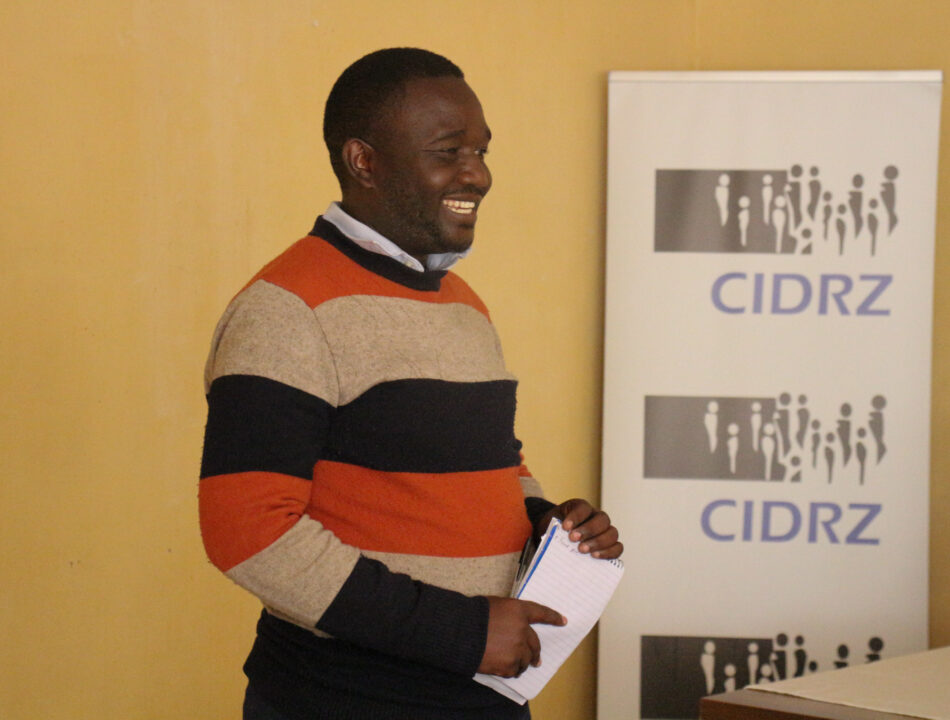HCMV Infection Associated With Reduced Immunity in HIV-Exposed-Uninfected Infants: Insights from CIDRZ Research

Evaluation of ROTARIX Booster Dose at Nine Months
October 25, 2024
Enhancing Accessibility and Effectiveness of Hand-Washing Technologies for Improved Public Health in Zambia
October 29, 2024Natasha Makabilo Laban from CIDRZ presented her research findings at the Zambia Health Research Conference recently, focusing on the impact of human cytomegalovirus (HCMV) seropositivity on oral rotavirus vaccine immunogenicity, particularly among HIV-exposed-uninfected infants.
The study aimed to explore the association between HCMV exposure and antibody responses to the oral rotavirus vaccine in Zambian infants. The results indicated that HIV-exposed-uninfected infants with HCMV infection exhibited significantly reduced rotavirus-specific antibody responses compared to their counterparts without HCMV infection.
Based on these findings, the research highlighted that HIV-exposed-uninfected infants with HCMV infection could represent a vulnerable sub-population at risk for diminished responses to the oral rotavirus vaccine. The study recommends further research to investigate the immunological mechanisms underlying this phenomenon in HIV-exposed-uninfected infants, to improve rotavirus vaccine immunogenicity and overall health outcomes for this group.
This study is part of the European & Developing Countries Clinical Trials Partnership (EDCTP2) programme, which is supported by the European Union (grant number TMA2016SF-1511-ROVAS-2) and The Wellcome Trust [211356/Z/18/Z].




